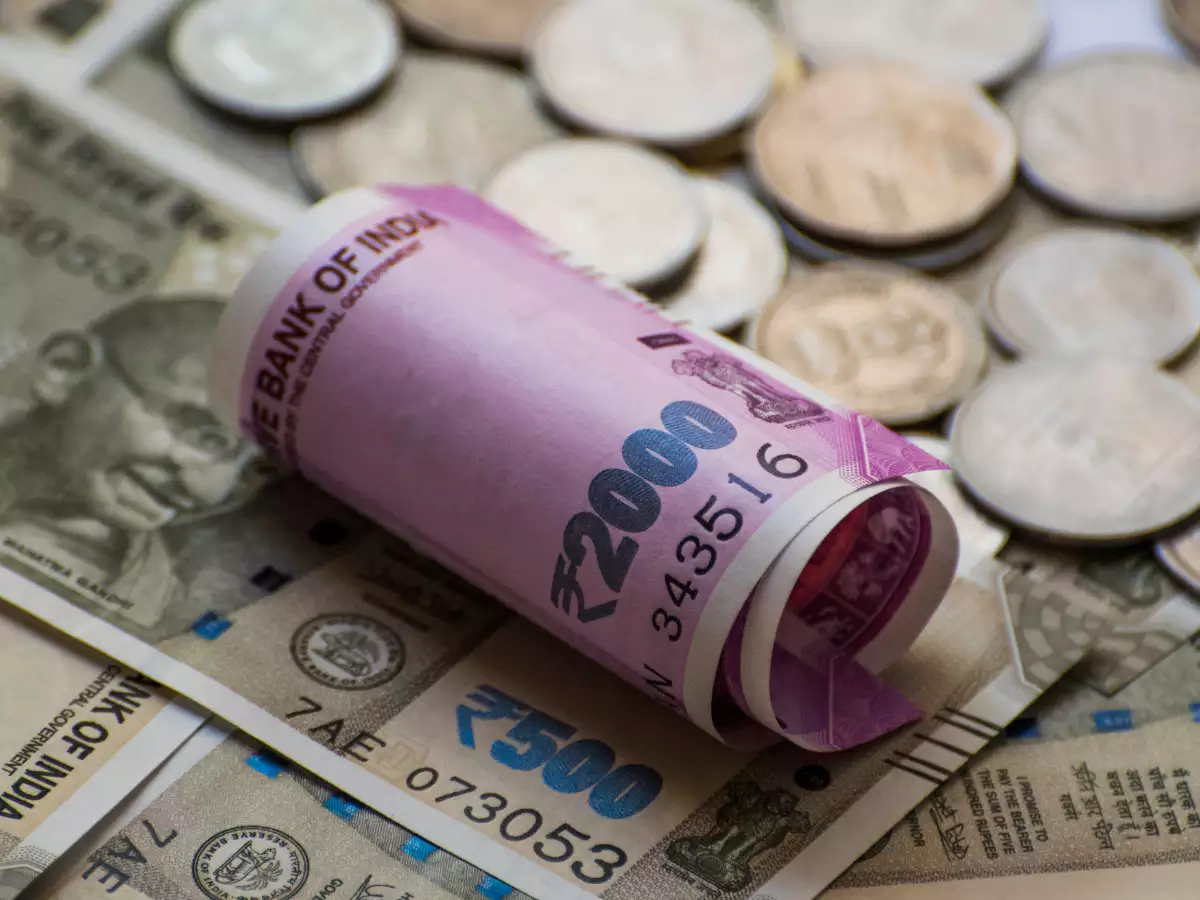Rupee poised for some relief on softer dollar, portfolio flows

The 1-month non-deliverable forward indicated that the rupee will open at 84.38-84.39 against the U.S. dollar compared with 84.4450 in the previous session.
The rupee had hit an all-time low of 84.5075 on Friday pressured by likely dollar outflows and ongoing strength in the greenback but averted deeper losses due to the intervention by the Reserve Bank of India.
The dollar index rose to its highest level in two years on Friday but dipped 0.5% at Monday's market open to 106.9 after U.S. President-elect Donald Trump said he would nominate Scott Bessent as the U.S. Treasury secretary.
Some analysts reckon that Bessent's appointment may reduce the chance of severe tariffs, potentially limiting the inflationary impact of Trump's policies.
"The market view that Bessent is a 'safe hands' candidate, may see some relief rally in Treasuries from the open on Monday, as the risk of a more unorthodox candidate is priced out," Societe Generale analysts said in a note.
Meanwhile, the rebalancing of MSCI's global equity indexes is effective after markets close on Monday and is expected to draw $2.5 billion of passive inflows, according to estimates by Nuvama Alternative & Quantitative Research.
Expectations of some inflows, a broadly weaker dollar and the RBI's stiff defence are supportive of the rupee, but merchant dollar demand could keep gains shallow, a trader at a state-run bank said.
On Friday, as the rupee weakened below the psychologically important 84.50 mark, the RBI instructed some banks to reduce speculative positions against the rupee and asked lenders to avoid buying spot dollars to execute arbitrage trades.

